What is zirconia ? What is zirconia used for ?
Zirconia, also known as zirconium dioxide (Zr02), is found in its most natural form in the mineral baddeleyite. But it can also be chemically derived from zircon. It is the most commercially important oxide formed by zircon.
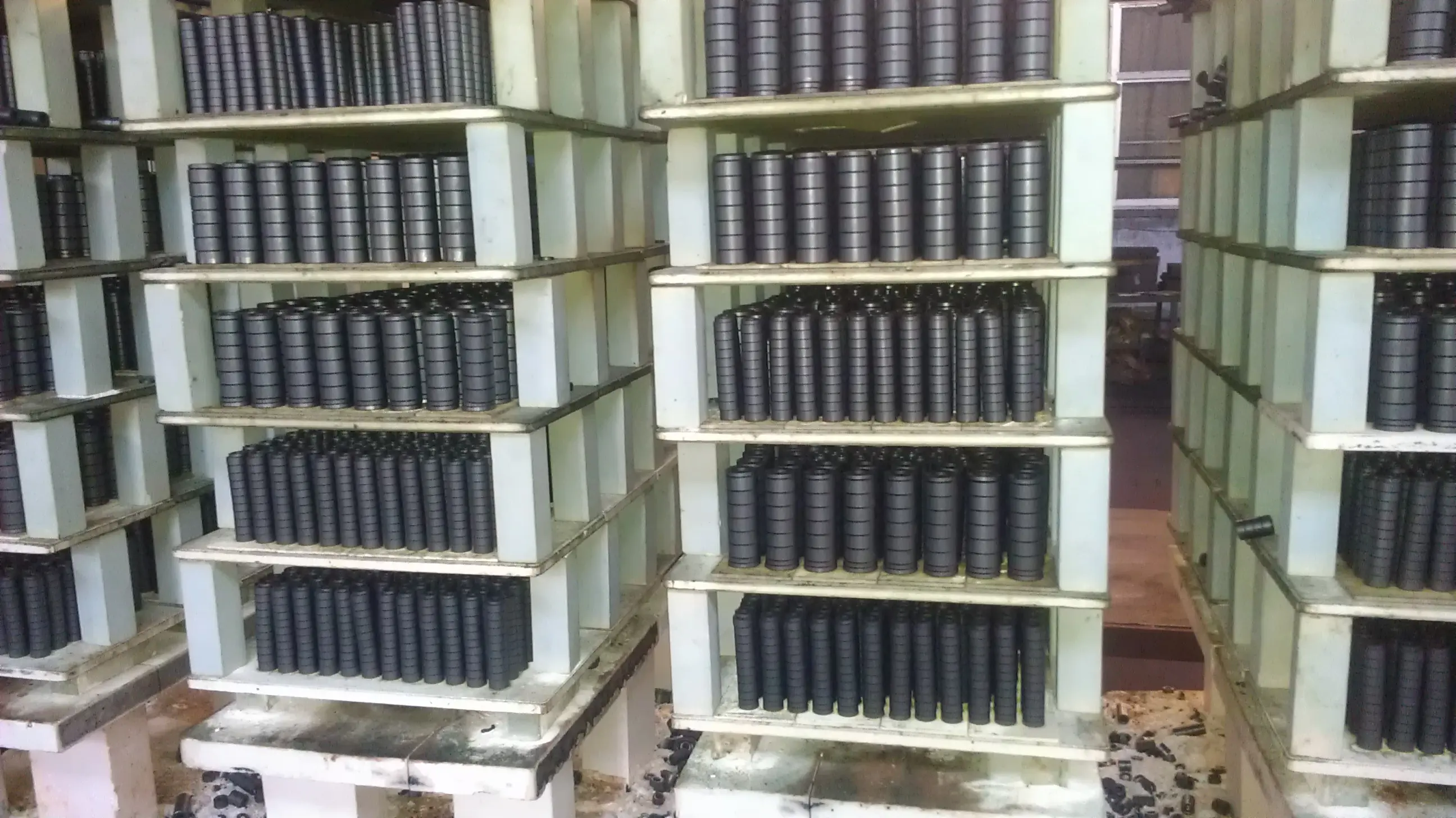
Learn more about ferrite cores
Ferrite cores are dense, homogeneous ceramic structures made by mixing iron oxide (Fe2O3) with oxides or carbonates of one or more metals such as manganese, zinc, nickel, or magnesium. They are pressed, then fired in a kiln to 1300o C, and machined as needed to meet various operational requirements.
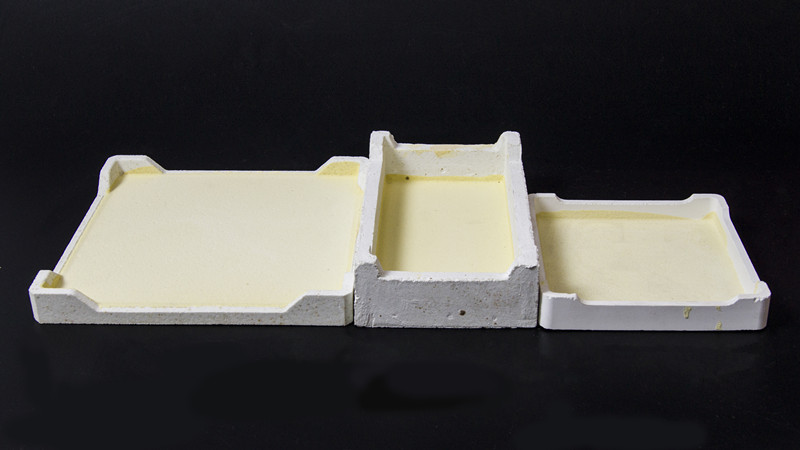
Kiln Furniture: Essential for Firing MLCC
Kiln Furniture plays a crucial role in the ceramics and electronics industries, particularly when it comes to firing Multi-Layer Ceramic Capacitors (MLCC). As the demand for MLCC continues to rise due to their widespread use in electronic devices, the importance of high-quality kiln furniture cannot be overstated.
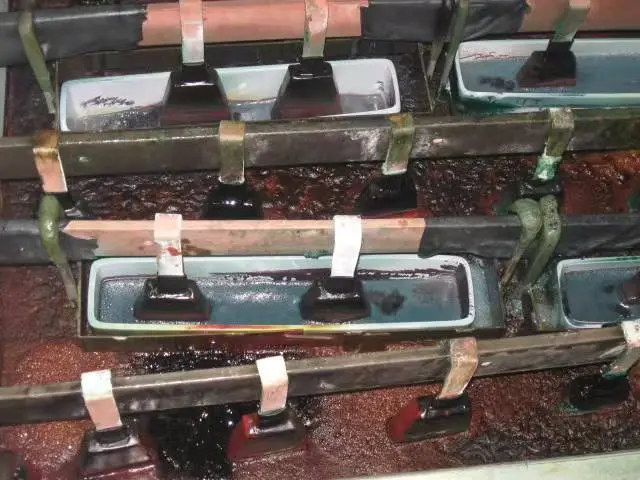
Ceramic Diaphragm for Removing Chrome: A Revolutionary Solution
In the realm of industrial applications, the need for effective and efficient methods to remove chrome from various surfaces has become increasingly important. One innovative solution that has emerged is the use of a ceramic diaphragm specifically designed for this purpose. This technology not only enhances the removal process but also ensures environmental safety and sustainability.
Corundum-Mullite: Performance and Application Analysis
Corundum-mullite is a composite material formed by the reaction of corundum (Al₂O₃) and mullite (3Al₂O₃·2SiO₂) at high temperatures. Its chemical formula is typically Al₄Si₂O₁₃, made up of varying proportions of corundum and mullite. This unique combination gives corundum-mullite excellent stability and performance at high temperatures.
- Corundum (Corundum): Made primarily of aluminum and oxygen, corundum is an extremely hard mineral (Mohs hardness 9), known for its excellent high-temperature resistance and chemical stability.
- Mullite (Mullite): A silicate mineral containing aluminum and silicon, mullite is famous for its low thermal expansion and good thermal shock resistance, making it commonly used in high-temperature ceramics.
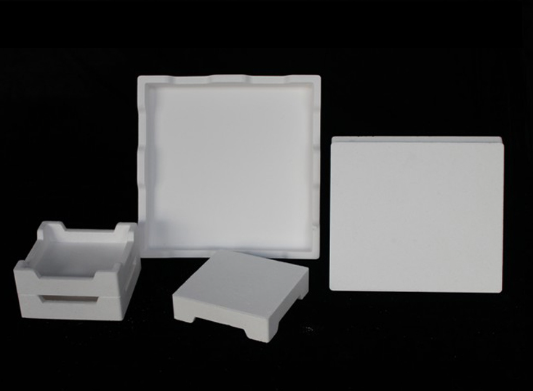
How to Enhance the Wear Resistance of Mullite saggers
Mullite saggers are essential components in the ceramics industry, particularly in the firing process of porcelain and other high-temperature materials. Their ability to withstand extreme conditions makes them invaluable; however, enhancing their wear resistance is crucial for improving their longevity and performance. Here are several strategies to enhance the wear resistance of mullite saggers.
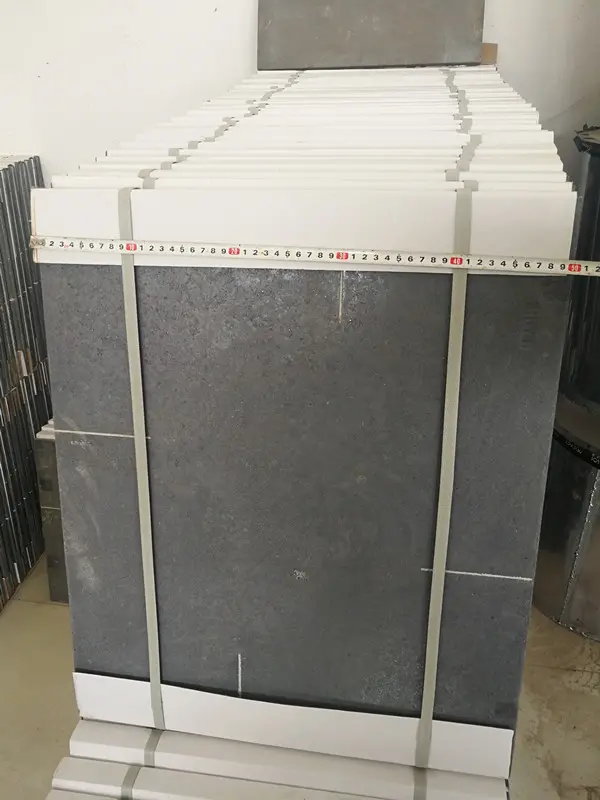
Silica Bonded Silicon Carbide Kiln Furniture: The Future of High-Temperature Applications
In the realm of high-temperature applications, the choice of kiln furniture is crucial for achieving optimal performance and durability. Among the various materials available, silica bonded Silicon Carbide Kiln Furniture has emerged as a leading option, thanks to its unique properties and advantages.
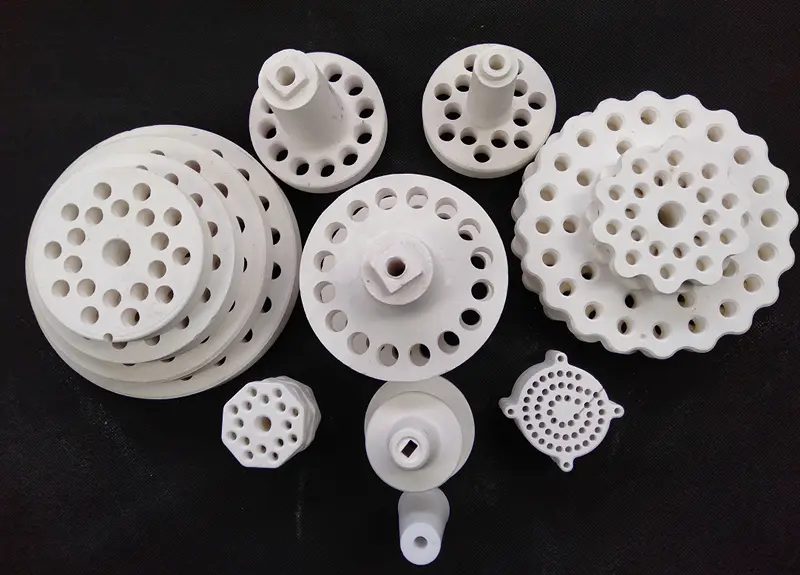
Mullite Ceramics: Its Properties, Structure, and Synthesis
Mullite, a relatively rare mineral in nature, is characterized by its good thermal, electrical, and properties. As a result, it has found extensive use in traditional and advanced industries, including ceramics, refractories, and foundries. Notably, mullite is the only crystalline phase in the aluminosilicate system that is stable in a wide range of compositions and temperatures.
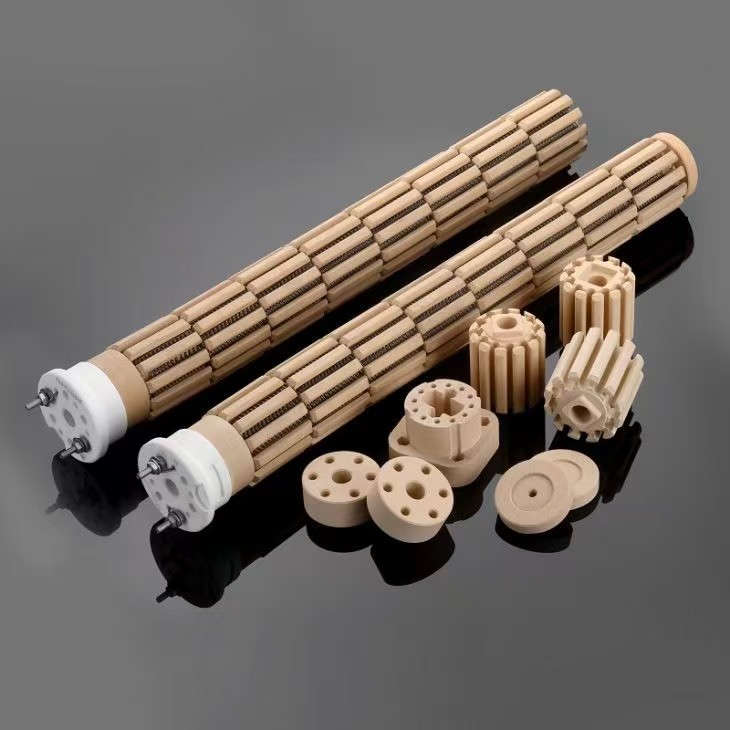
What is cordierite ceramic ?
Cordierite is a man-made refractory low thermal expansion crystalline solid that forms at very high temperatures (in the right mix of kaolin and talc).

We are on Shanghai exhibition for Powder metallurgy, cemented carbides and advanced ceramics
The exhibition is held from Mar 10 to 12th.It is for Powder metallurgy,cemented carbides and adbanced ceramics.

